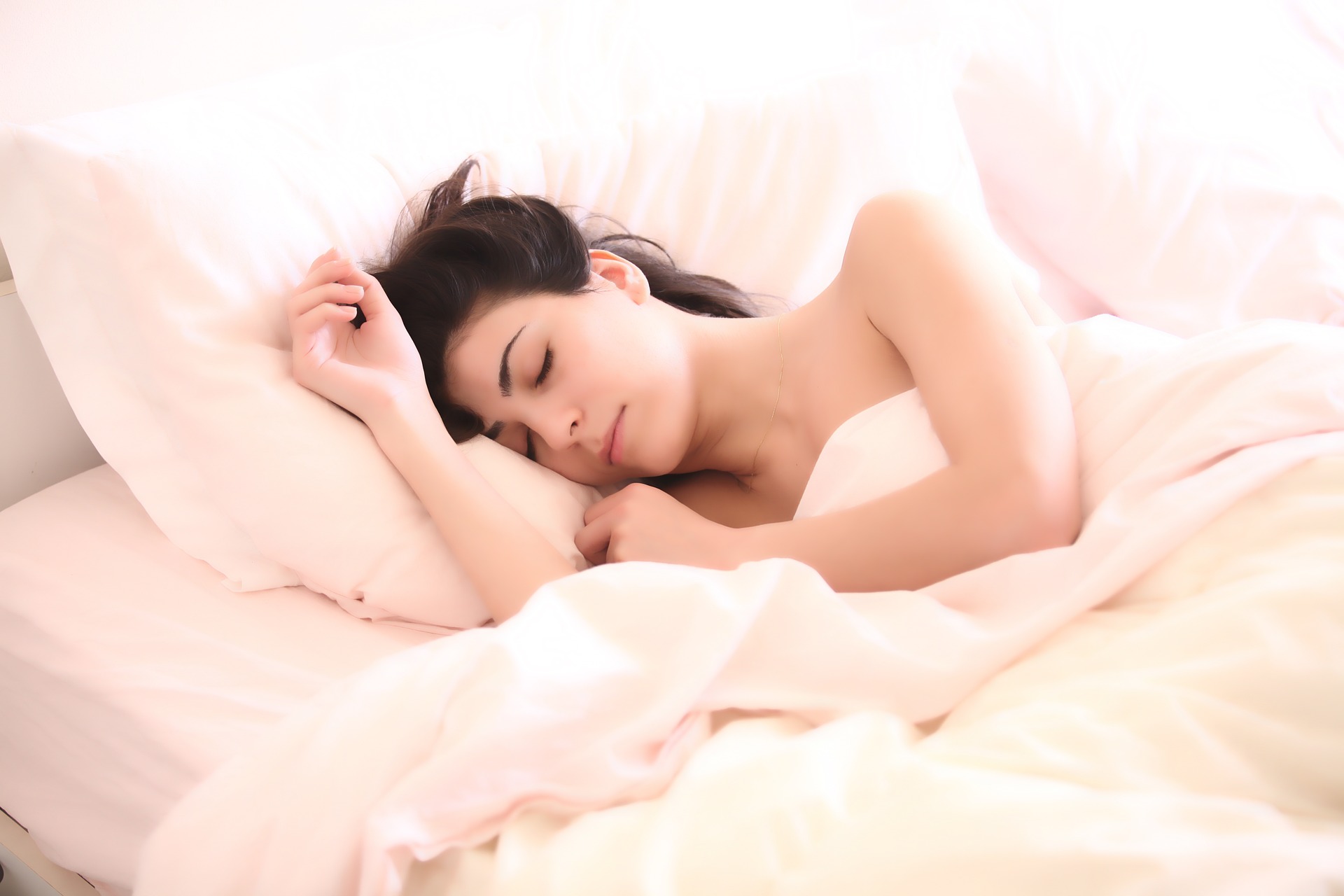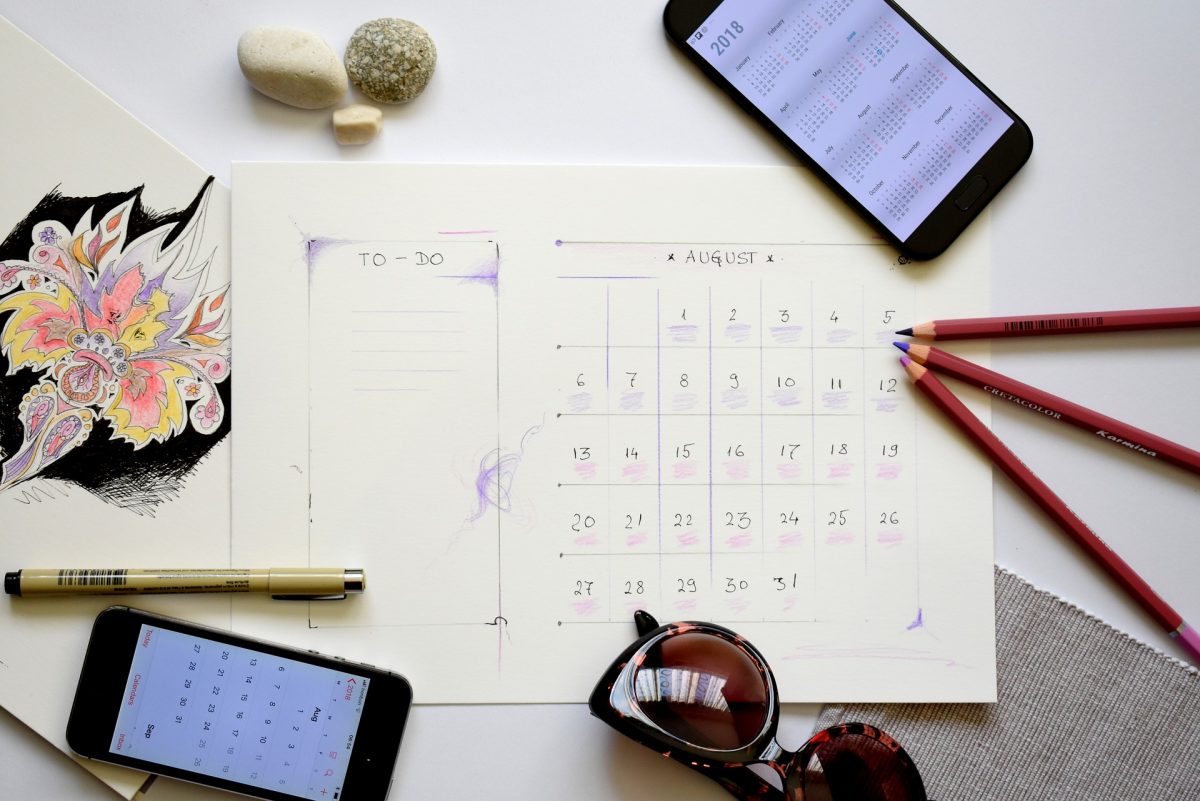
Did you know an NHS study reported that only 38% of UK adults are considered ‘good sleepers’? According to the same study, a whopping 30% of us are ‘severely’ sleep deprived. For many of us, it seems like no matter what we do, it’s impossible to get a good night’s sleep. We can’t fall asleep, we keep waking up during the night and we’re still completely shattered when the alarm clock rings.
However, according to a recent interview of sleep experts by the Huffington post, many of us are guilty of sabotaging our sleep without even knowing it, due to evening habits that seem harmless but actually interfere with sleep in many different ways. Below are the three habits that we at sense* think are the most common.
Giving yourself a caffeine kick by drinking a coffee after dinner.
This can prove problematic, as the body can take rather a long time to metabolise caffeine and remove it from your system. People vary, some metabolise caffeine faster than others, but even those individuals who metabolise caffeine quickly still have trouble metabolising it in the short period between finishing dinner and going to bed. To avoid this problem, either skip your after-dinner coffee or switch to a decaf alternative.

Looking at screens just before trying to fall asleep.
This can interfere with sleep, because the blue light from these devices prevents the production of melatonin in the brain. Melatonin is a hormone that is produced in response to darkness, that signals to the body that it is time to go to sleep. When the sun rises in the morning, the brain stops producing melatonin, signalling the body to start waking up.
To prevent blue light from interfering with the production of melatonin just before you go to bed, avoid looking at screens for at least an hour before you try to fall asleep. If you absolutely have to look at a screen, download one of the many apps that reduce the amount of blue light the screen emits. This will help because it is specifically the blue wavelengths of light that interfere with melatonin production.
Stressful thoughts, such as work problems, as you lie in bed.
The National Sleep Foundation concludes that stress and anxiety can both cause sleep problems and worsen preexisting ones. Despite this, many of us sabotage our sleep by mulling over problems while lying in bed, such as problems at work or things that you need to do the next day. To avoid this problem, try to address those thoughts earlier in the day, so that you brain is able to relax when you hit the hay. If you are worrying about everything you have to do the next day, try making a list. This is a great way to de-stress, because if you have an understanding of what you need to do the following day, it’s easier to switch off when you go to bed.

Check out The Huffington Post’s article for more common evening habits that interfere with your sleep. And for six more ways to de-stress your day and help improve your sleep, check out our blog post ‘6 Ways To De-Stress Your Day From AM To PM’.

